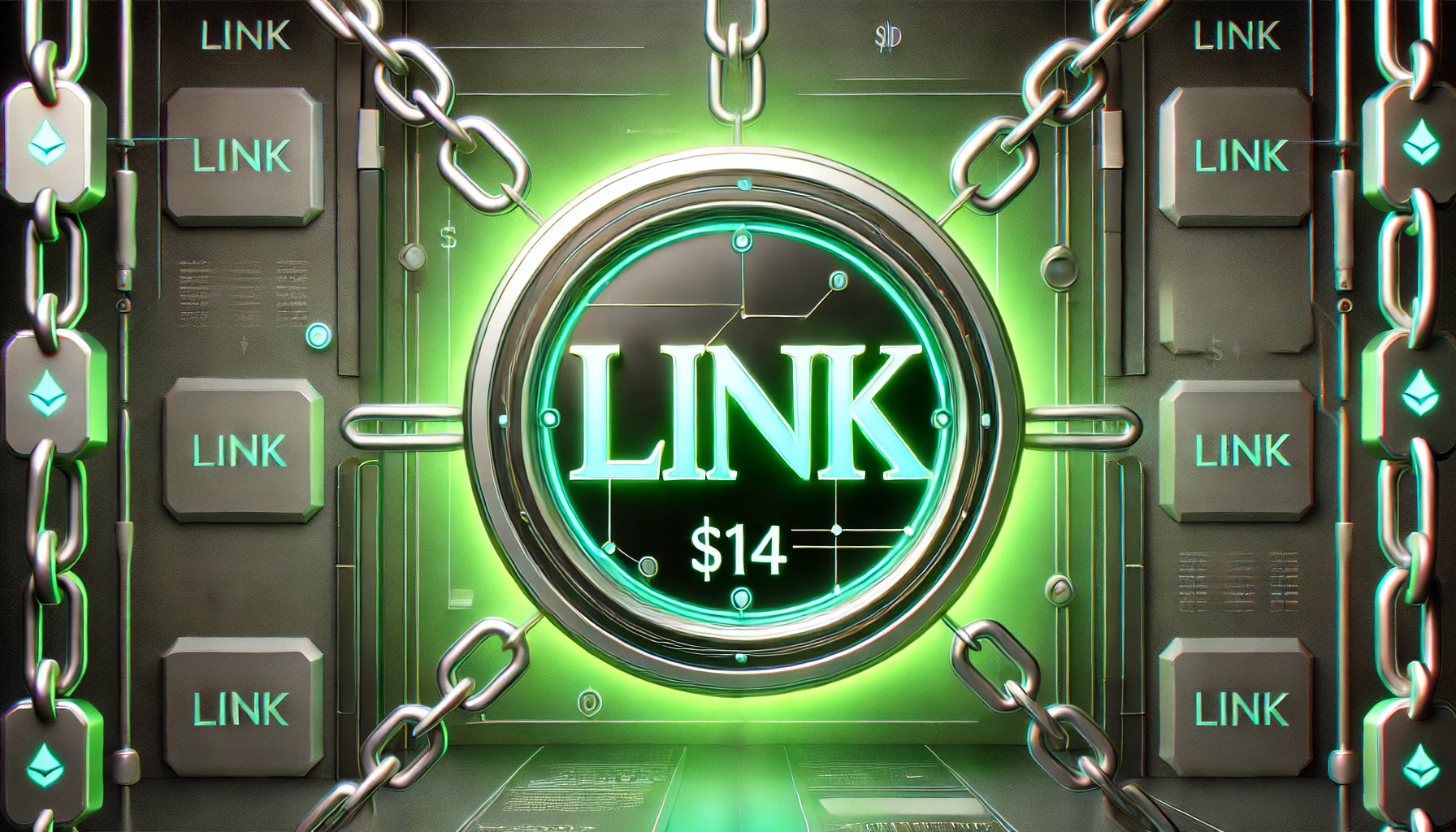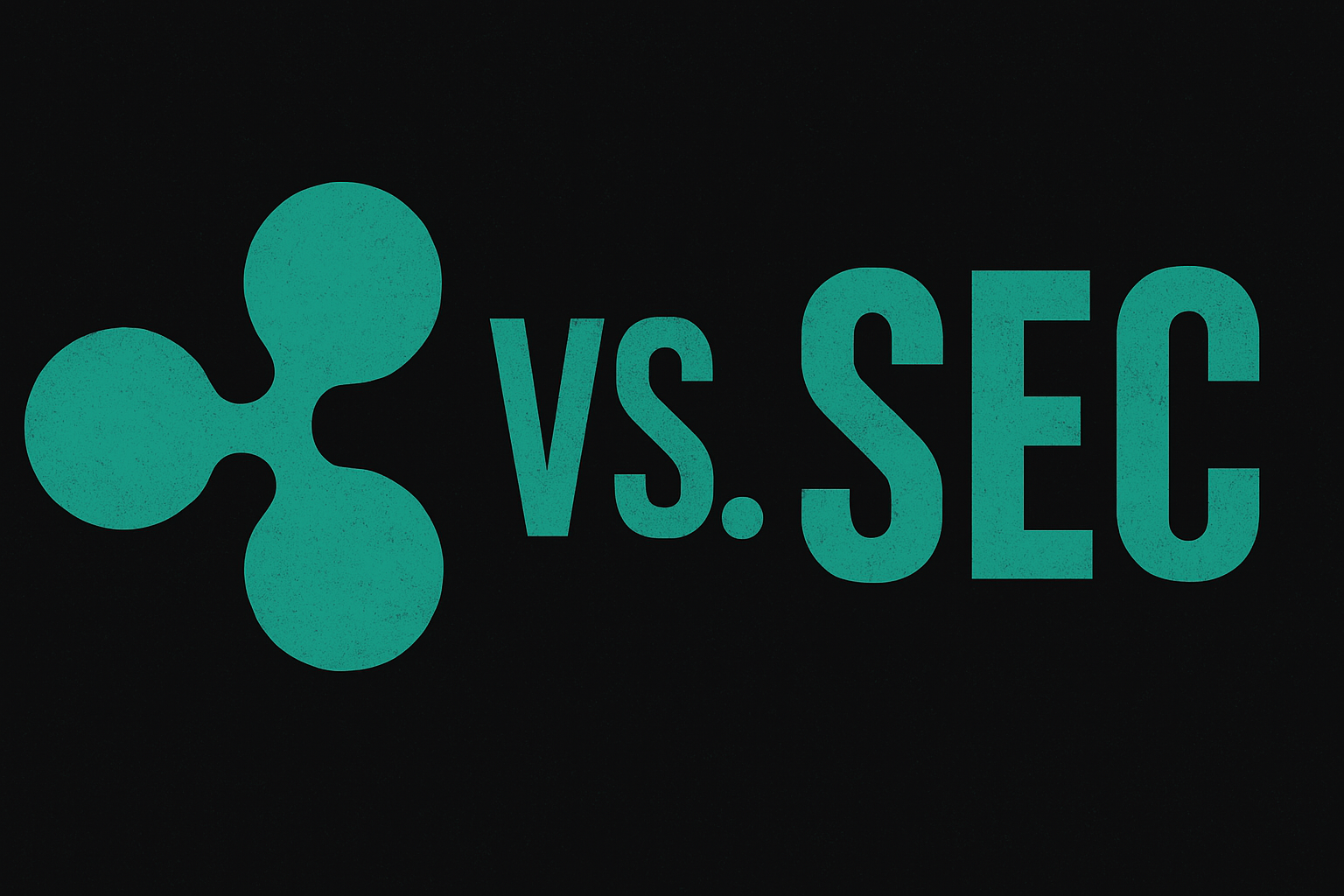Study proves: Simple KYC process is a prerequisite for successful market launch of digital assets

- Simple, but still safe identity assessment of the customers of blockchain crypto projects lowers costs and accelerates onboarding at financial institutions.
- Chainlink and Gleif enable secure digital identity standards based on data protection for scalable crisschain financing.
A study by Gleif and Chainlink shows that fragmented identity systems lead to large inefficiencies in onboarding and compliance. 33% of compliance budgets are eliminated. The average cost of onboarding a customer is around $ 2,600, and the process is time -consuming. This has consequences: 67% of banks and 74% of asset managers lose customers due to excessive frictional loss in onboarding.
A study by by chainlink and the Global Legal Entity Identifier Foundation (GLEIF) says that digital identity standards based on blockchain reduce these inefficiencies and promote the acceptance of digital assets.
Fragmented identity systems slow down financial markets
Since the financial crisis in 2008, organizations have gradually introduced identity standards after somewhat safe identity standards. But they are not uniform, but fragmented and expensive. The compliance requirements cause high operating costs due to manual KYC processes.
NEW REPORT:
Explore insights from @Gleif on how standards for organizational identity and automated compliance can “increase the trust and integrity of financial markets globally.”https://t.co/vmOOgLa0fK
Since 2008, the introduction of global identity standards has… pic.twitter.com/G3rvOD6TRL
— Chainlink (@chainlink) June 2, 2025
The costs for the onboarding of a customer are a temporal and financial burden for the institutes. Delays in onboarding have a direct impact on customer loyalty, as most financial institutions lose customers. The inefficiencies brake the Acceptance of digital assets that, in nature, require a quick, safe identity check. Fragmented identity systems lead to conflicts between compliance with regulations and data protection, which makes cross -border financial activities difficult.
Blockchain-based identity evidence can solve the problem
The study by Gleif and Chainlink positions the blockchain-based, verifiable Onchain identity as a practical problem solution for financial institutions. By integrating worldwide recognized standards in blockchain networks, compliance tasks can be automated and the onboarding of customers can be accelerated. In contrast to conventional databases, blockchain identity systems offer a fake-proof, transparent data record that can be checked immediately. This increases security and at the same time meets the requirements for combating money laundering and other official requirements.
Gleif and Chainlink cooperate with decentralized networks when coordinating the legal entity identifier system. This should receive existing identity standards and at the same time enable interoperability between old systems and the new blockchain infrastructure.
Industry leaders and regulatory authorities for digital verification
The call for improved digital verification agreed and authorities. Blackrock boss Larry Fink emphasized in his annual letter to investors that tokenization alone would not create an efficient financial system:
“We also have to master digital verification.”
This summarizes the growing concerns of regulatory authorities and industry leaders who see fragmented identity standards as a great obstacle to the growth of digital assets.
Reliable, interoperable ID tools will be crucial for future financial systems. The embedding of a verifiable identity in the chain can become a critical success factor for global financial services, since it significantly simplifies onboarding and lowers the costs.
The study by Gleif and Chainlink underlines how important it is to reconcile traditional mechanisms of trust with the scalability of blockchain. The embedding of worldwide recognized identity standards in the Chain offers a practical way to reconcile compliance and innovation.
The role of Chainlink is also underlined by its recognition at the World Economic Forum in Davos, where it was mentioned as an important disruptive factor in global finance. As CNF reported, the CCIP CCIP CCIP CCIP is an important instrument for combining public and private blockchains.
The institutional takeover by companies such as Swift and JPmorgan contributes to increasing demand. However, technical resistance and greater economic risks remain a problem.
When writing this article, Link is traded for $ 13.71, and retailers are waiting to reach the $ 14 brand.







No Comments